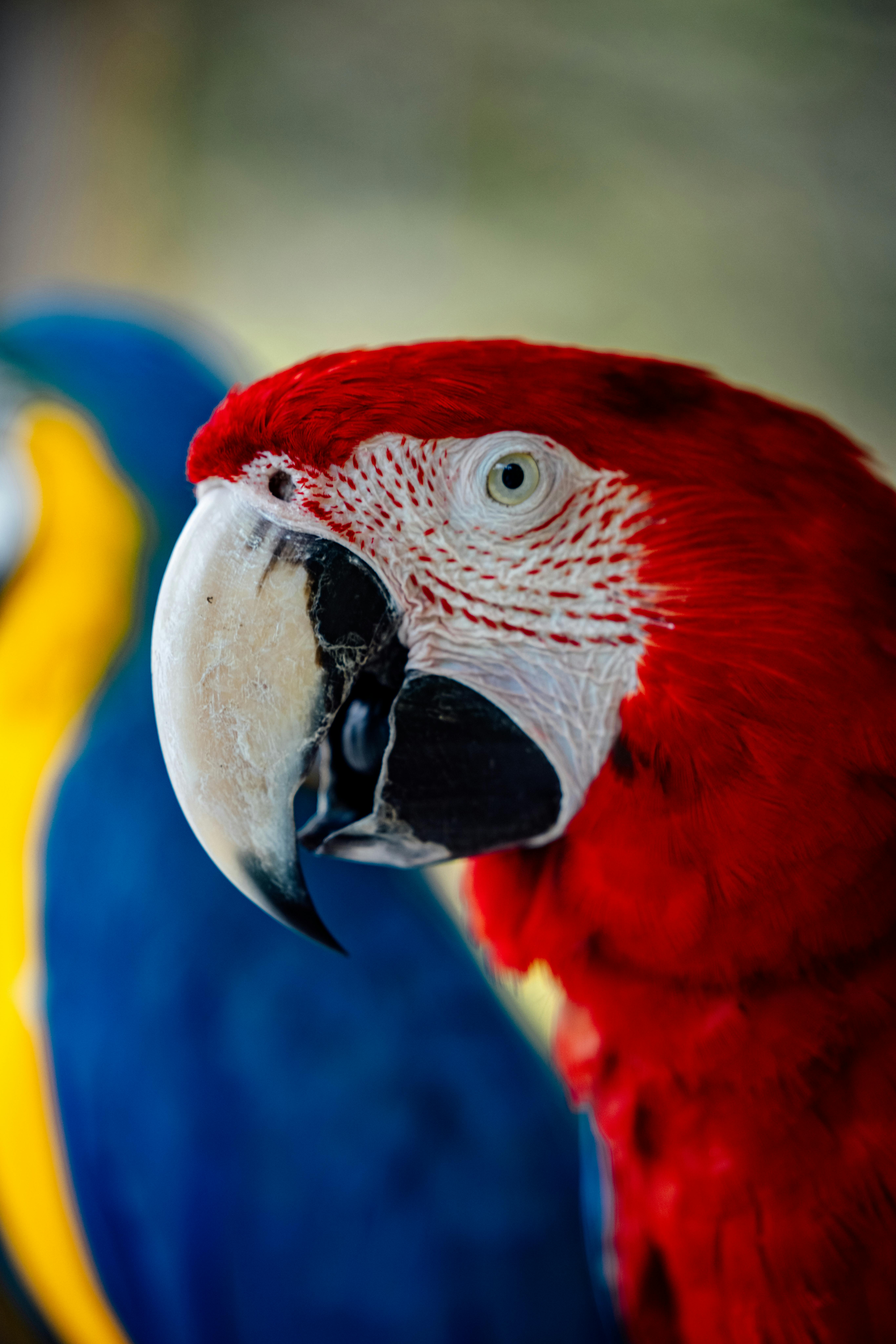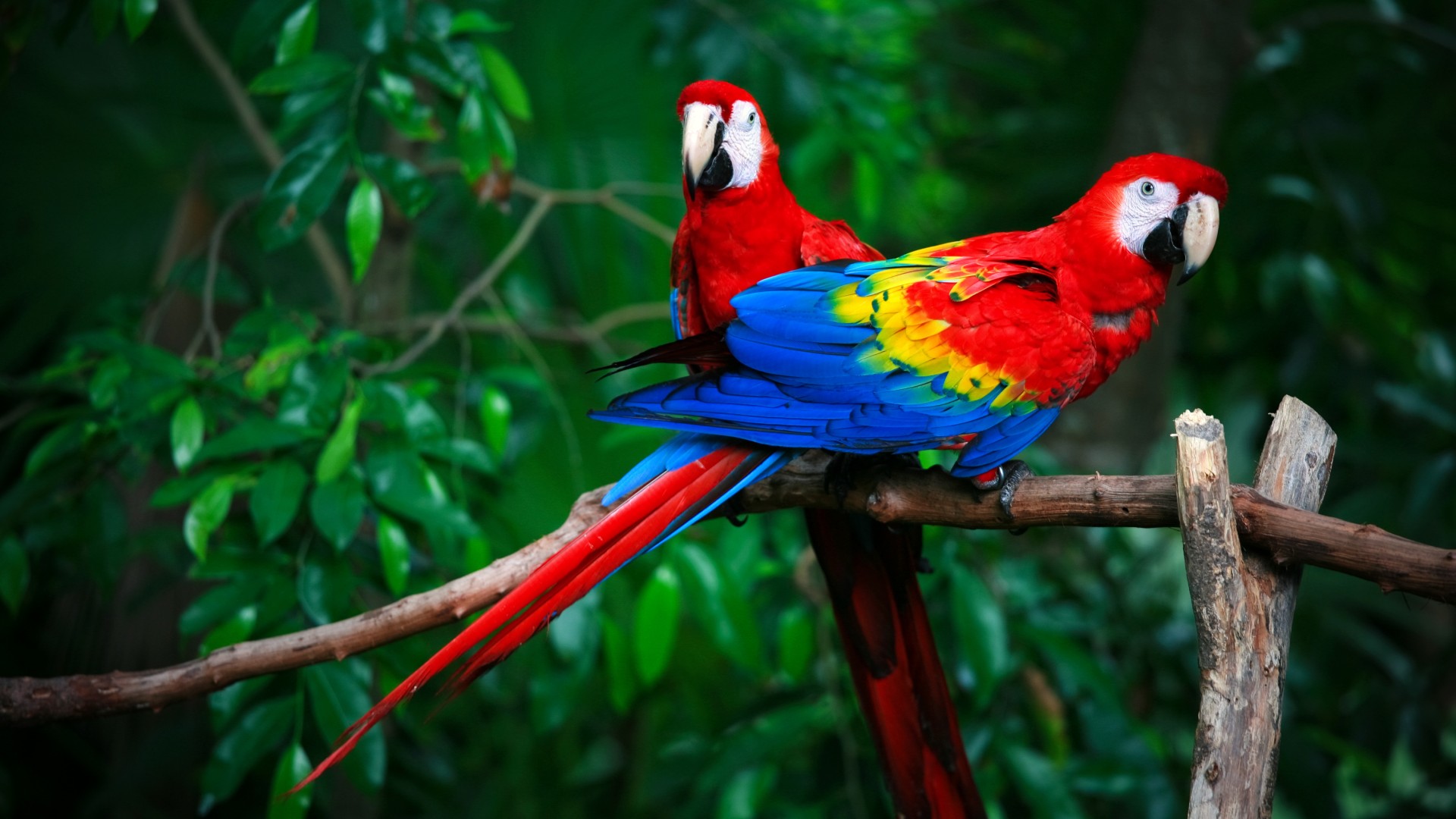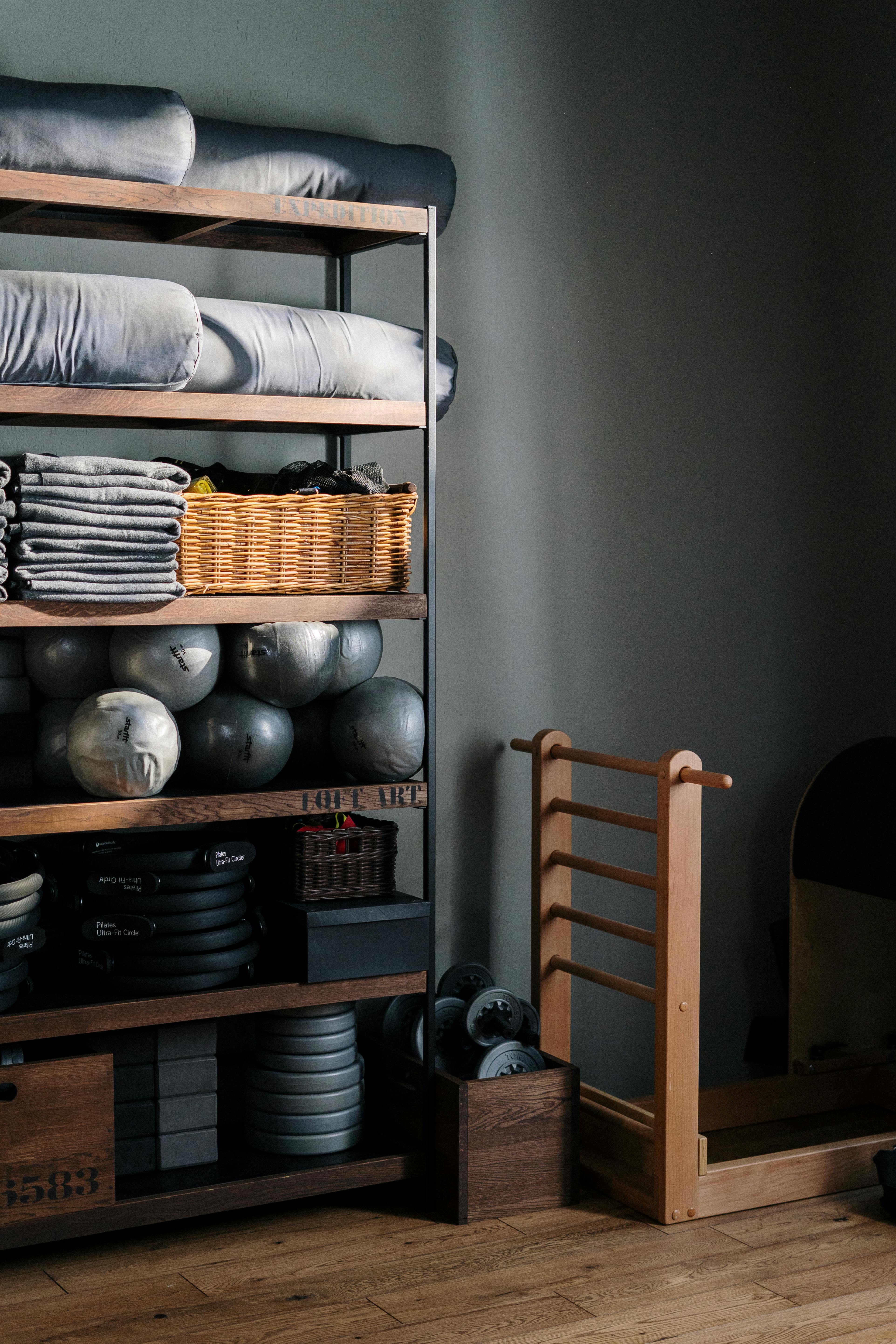
Essential Guide to Caring for Your Princess Parrot in 2025
Caring for a princess parrot can be a rewarding experience that enhances both your life and that of your feathered companion. These colorful birds, known for their vibrant feathers and social behaviors, require specific care to thrive. In this guide, we will cover practical tips and essential information for every parrot owner looking to ensure the well-being of their precious pet.
Understanding Princess Parrots
Before diving into parrot care tips, it's important to understand the characteristics and needs of princess parrots. Originating from Australia, they are especially popular among bird enthusiasts due to their stunning plumage and playful nature. These exotic birds are social creatures who thrive on interaction, making them excellent companions.
Characteristics of Princess Parrots
Princess parrots, also known as Polytelis alexandrae, display a wide array of colors ranging from soft greens to vibrant blues and yellows. The males are typically more colorful than the females, which may reach up to 10 inches in length. Understanding these basic traits helps in recognizing their behavior and communication patterns. It's also essential to note their parrot diet requirements, as they need a balanced feed consisting of seeds, grains, and fresh produce.
Choosing the Right Habitat
An appropriate habitat is crucial for any pet bird, including princess parrots. They need ample space to flutter and play, so choosing a spacious cage or aviary is essential. Best practices include measuring the enclosure, ensuring it is at least 30 inches wide and 24 inches deep. Equip the habitat with parrot accessories like perches of varying diameters, toys for entertainment, and a secure feeding area. This enhances their environment and keeps them engaged.
Nutrition for Healthy Development
A well-rounded parrot diet is key to maintaining your princess parrot's health. High-quality pellets, seeds, fresh fruits, and vegetables should form the majority of their diet. Avoid feeding them human food that's high in fat or salt. Incorporating different textures and flavors into their meals promotes healthy eating habits and prevents boredom. Regular visits to an avian vet can further ensure that your parrot is getting the right nutrition.
Key Practices for Parrot Care
Having a detailed care routine can significantly enhance the bond between you and your parrot. Regular bird grooming, proper bird food selections, and a safe environment are all components of successful parrot ownership.
Daily Habits for Parrot Happiness
Establishing a routine that includes daily interaction can improve your princess parrot's social behavior. Spend time talking to your bird, teaching them new sounds or words. Training parrots involves consistency and positive reinforcement, rewarding them with treats for desirable actions. Also, include playtime with parrot toys to stimulate their mind and prevent behavioral issues.
Maintaining Feather Health
Feather care is vital for the well-being of any bird, particularly for colorful species like the princess parrot. It’s essential to ensure they have regular access to bird baths and that the cage environment is suitable for feather maintenance. Consider providing creative toys for parrots that encourage physical activity while also promoting inspection and exploration of their environment.
Signs of a Healthy Bird
Monitoring for signs of good health in your pet birds is essential for early intervention if problems arise. Signs of a healthy princess parrot include bright eyes, alertness, and active play behavior. Changes in these traits, along with altered vocalizations or eating habits, can indicate health concerns that should be addressed with your avian vet.
Enhancing Your Bird's Well-Being
Bird socialization and proper activities tailored to your princess parrot's interests contribute to a vibrant and fulfilling life. Engaging your parrot's senses and intellect will prevent boredom and encourage good mental health.
Interactive Games and Activities
Implementing interactive and engaging parrot activities can significantly benefit their mental well-being. Consider utilizing interactive parrot games which challenge your bird to think critically while rewarding their efforts. Puzzle toys and foraging activities can stimulate your bird's natural instincts and reduce stress.
The Importance of Play
Play is not just a form of entertainment but a fundamental aspect of your parrot's emotional health. Introducing new and safe toys regularly encourages exploration and reduces the likelihood of developing anxiety or feather plucking behavior. Use pet training techniques to teach tricks and reinforce positive behaviors during playtime.
Managing Bird Safety
Safety considerations are paramount for parrot owners. Ensure that the environment is free of hazards. Use bird-safe cleaning products and be aware of toxic plants or materials within their reach. This protective approach is vital for fostering a safe and healthy habitat for your princess parrot.
FAQ
1. What is the typical lifespan of a princess parrot?
Princess parrots can live up to 20 years or more with proper care. Parrot health and regular check-ups with an avian vet play a crucial role in increasing their lifespan.
2. What types of food are best for princess parrots?
A balanced parrot diet includes high-quality pellets, seeds, and a variety of fresh fruits and vegetables. Be cautious with human food and opt for natural options.
3. How often should I interact with my princess parrot?
Daily interaction is recommended to promote a bond with your pet bird. This can include talking, training, and playing, which helps with parrot social behavior.
4. What characteristics should I look for in parrot toys?
When selecting parrot toys, choose those that encourage curiosity and physical activity. Ensure they are made from non-toxic materials and are of appropriate hardness to prevent injuries.
5. How can I create an enriching environment for my parrot?
An enriching environment can be created with a variety of parrot accessories, engaging toys, and safe places for exploration. Regular rotation of toys can also keep their environment stimulating.
6. How do I know if my princess parrot is stressed?
Signs of stress in parrots can include excessive screaming, feather plucking, or changes in eating habits. Identifying and addressing these signs promptly with soothing techniques is vital for their welfare.
7. Are princess parrots good for first-time bird owners?
Yes, princess parrots can be suitable for first-time parrot owners due to their friendly nature. However, they require commitment, interaction, and knowledge about parrot care.

